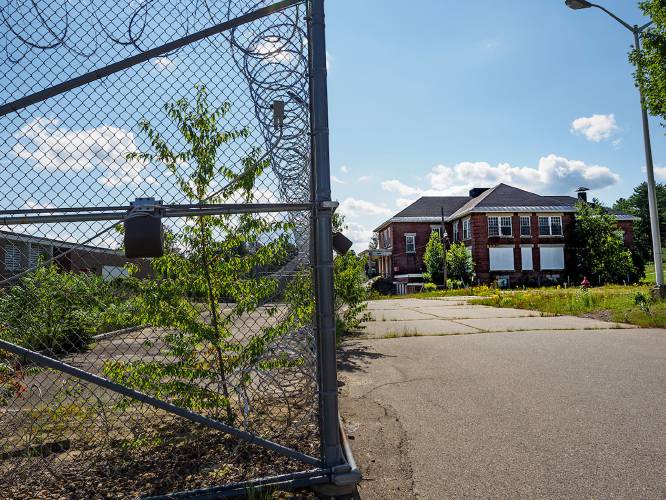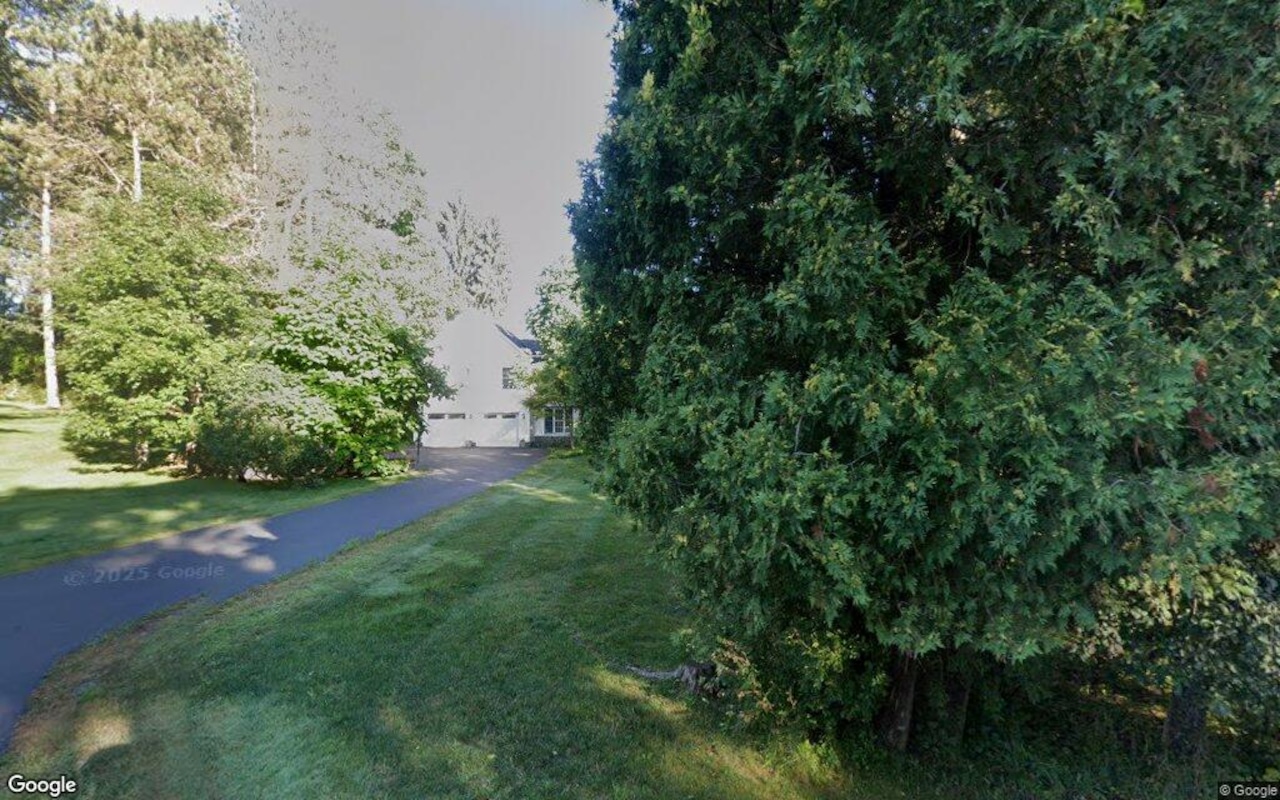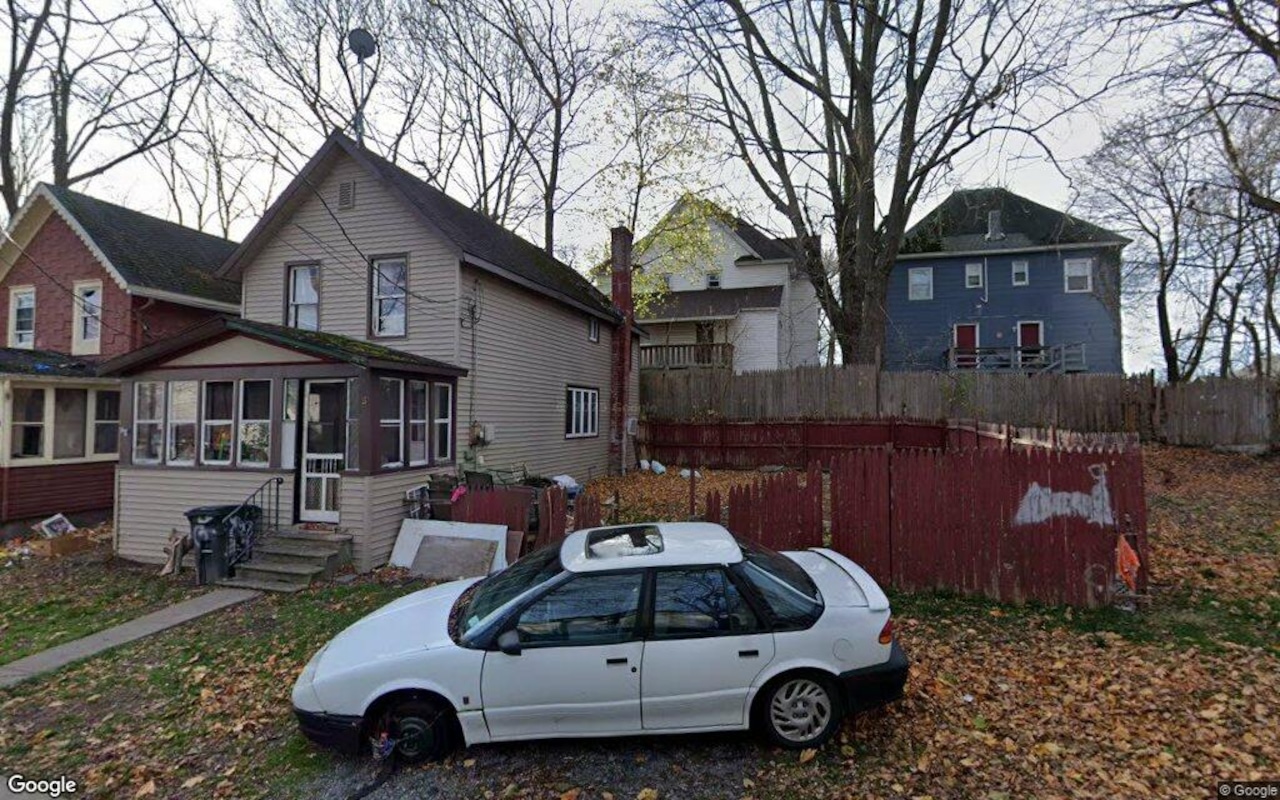R
obynne Alexander, a New Hampshire developer charged with fraud by state and federal regulators, once touted her real estate ventures with the slogan "We solve problems for profit." However, her projects have been plagued by failures, including two on Elm Street in Manchester that were cited in the charges against her.
Alexander has admitted to commingling funds between real estate projects and misusing investments meant for specific projects to pay out other investors. The federal Securities and Exchange Commission (SEC) has charged her with defrauding investors through real estate investment schemes, resulting in losses of at least $3 million between 2018 and 2024.
The SEC complaint details how Alexander used investor money to finance other deals, even using it for personal expenses such as groceries and travel. The agency said she "misused at least $820,000 of Raxx-LeMay investor money" on projects unrelated to the Signature on Elm development in Manchester.
Alexander's involvement in two other projects has also been criticized. She planned to redevelop a former Catholic school at 4 Elm Street into rental units but couldn't keep up with mortgage payments and defaulted on the loan. The property was eventually sold back to the Catholic Archdiocese for $950,000.
In another failed project, Alexander created HB9G LLC to purchase and renovate a multi-family unit building in Hampton. However, she used investor money for purposes other than the project, and the property went into foreclosure in November 2023.
The state Bureau of Securities Regulation has ordered Alexander to cease and desist from offering or selling securities in New Hampshire and has barred her from holding any securities licensure in the state. She must also pay $96,730.06 in restitution to victims.
Alexander's background as a developer is marked by a shift from electrical engineering to real estate. She began working in real estate full-time in 2002 and started her first "fix and flip" project in 1993. In an interview, she described herself as a "different kind of developer," focused on community development and using impact fees to fund infrastructure and public services.
However, the SEC's complaint paints a different picture, highlighting Alexander's alleged misuse of investor money and failure to deliver on promised projects.














